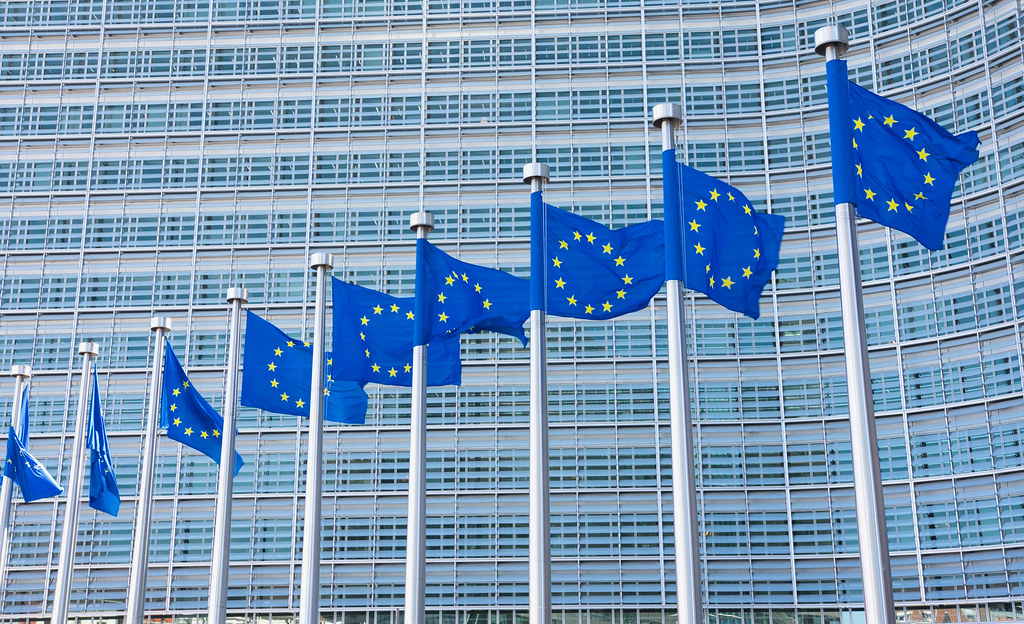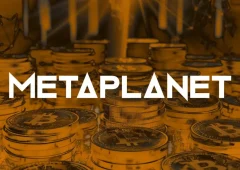MiCA Regulations Cause Uncertainty for Stablecoins, Says ESMA
05.03.2025 22:00 2 min. read Kosta Gushterov
The ongoing debate over the regulatory treatment of stablecoins under the European Union’s Markets in Crypto-Assets Regulation (MiCA) has intensified.
The European Securities and Markets Authority (ESMA) recently provided additional insight into how MiCA applies to stablecoins that don’t meet the new rules. Binance, on March 3, announced plans to remove several stablecoins, including Tether’s USDT, from its platform for users in the European Economic Area (EEA). Despite this, users will still be able to deposit and withdraw these tokens after the delisting, set for March 31.
In an official statement, ESMA clarified that providing custody or transfer services for non-compliant stablecoins does not breach MiCA. The authority noted that these actions are not considered an “offering to the public” under the regulation. However, it advised that crypto service providers should prioritize halting services that allow users to acquire these tokens.
This clarification has stirred further confusion, as MiCA’s provisions continue to be interpreted in various ways. The regulator also reminded crypto providers that they are allowed to offer sell-only services until the end of March, allowing investors to exit their positions.
Despite this, questions about how MiCA applies to non-compliant stablecoins remain unresolved, with ongoing debates about the regulation’s scope and its application to sectors like tokenized real-world assets and staking.
As European regulators closely monitor the market’s adaptation to MiCA, the industry continues to grapple with the implications of the new laws and their impact on established crypto practices.
-
1
Australia Tests CBDCs in 24 Separate Real-World Finance Use Cases
10.07.2025 19:00 2 min. read -
2
U.S. House Passes Sweeping Clarity and GENIUS Acts
17.07.2025 23:29 1 min. read -
3
Senate Confirms Crypto-Linked Nominee Jonathan Gould to Head OCC
11.07.2025 9:00 2 min. read -
4
U.S. Regulators Define Crypto Custody Rules for Banks
15.07.2025 9:00 1 min. read -
5
South Korea Urges Asset Managers to Limit Exposure to Crypto Stock Like Coinbase,MicroStrategy
23.07.2025 10:00 1 min. read
Nigeria Signals Greenlight for Stablecoin Innovation Under New Regulatory Vision
Nigeria is taking a decisive step toward embracing stablecoin adoption, as the country’s Securities and Exchange Commission (SEC) outlined its readiness to support digital currency innovation—under clear regulatory conditions.
South Korea Urges Asset Managers to Limit Exposure to Crypto Stock Like Coinbase,MicroStrategy
South Korea’s top financial watchdog has issued informal guidance urging local asset managers to scale back their investments in crypto-related stocks, according to a Korean Herald report.
SEC Reverses Bitwise ETF Approval Just Hours After Greenlight
In a surprising move on Tuesday, the U.S. Securities and Exchange Commission (SEC) initially approved Bitwise’s proposal to convert its cryptocurrency index fund into a full-fledged exchange-traded fund (ETF)—only to halt the decision just hours later.
Senate Republicans Unveil Crypto Market Bill to Expand CLARITY Act
Senators Tim Scott, Cynthia Lummis, Bill Hagerty, and Bernie Moreno (R-OH) have released a discussion draft of a new digital asset market structure bill—framed as the Senate counterpart to the CLARITY Act.
-
1
Australia Tests CBDCs in 24 Separate Real-World Finance Use Cases
10.07.2025 19:00 2 min. read -
2
U.S. House Passes Sweeping Clarity and GENIUS Acts
17.07.2025 23:29 1 min. read -
3
Senate Confirms Crypto-Linked Nominee Jonathan Gould to Head OCC
11.07.2025 9:00 2 min. read -
4
U.S. Regulators Define Crypto Custody Rules for Banks
15.07.2025 9:00 1 min. read -
5
South Korea Urges Asset Managers to Limit Exposure to Crypto Stock Like Coinbase,MicroStrategy
23.07.2025 10:00 1 min. read


